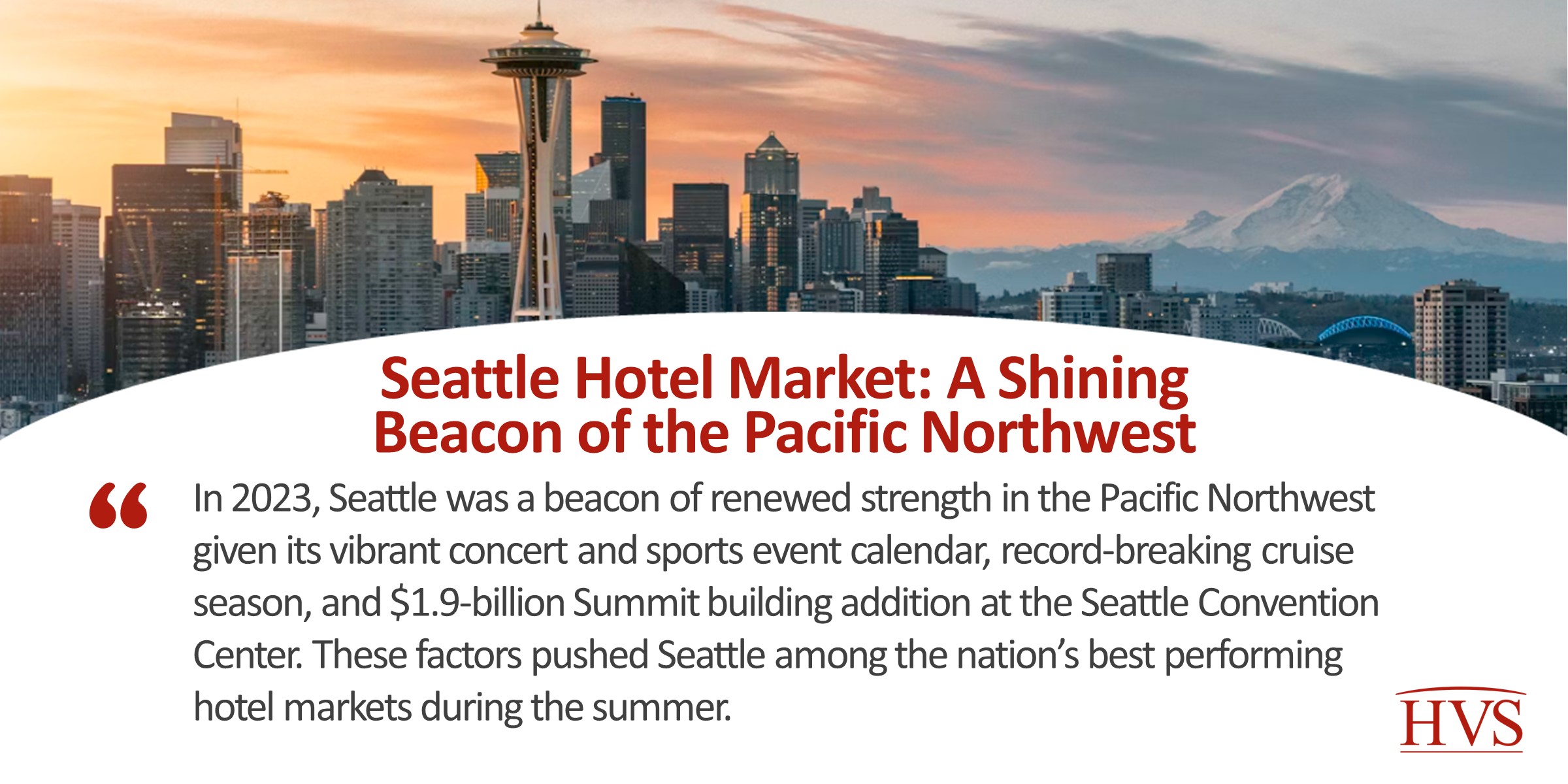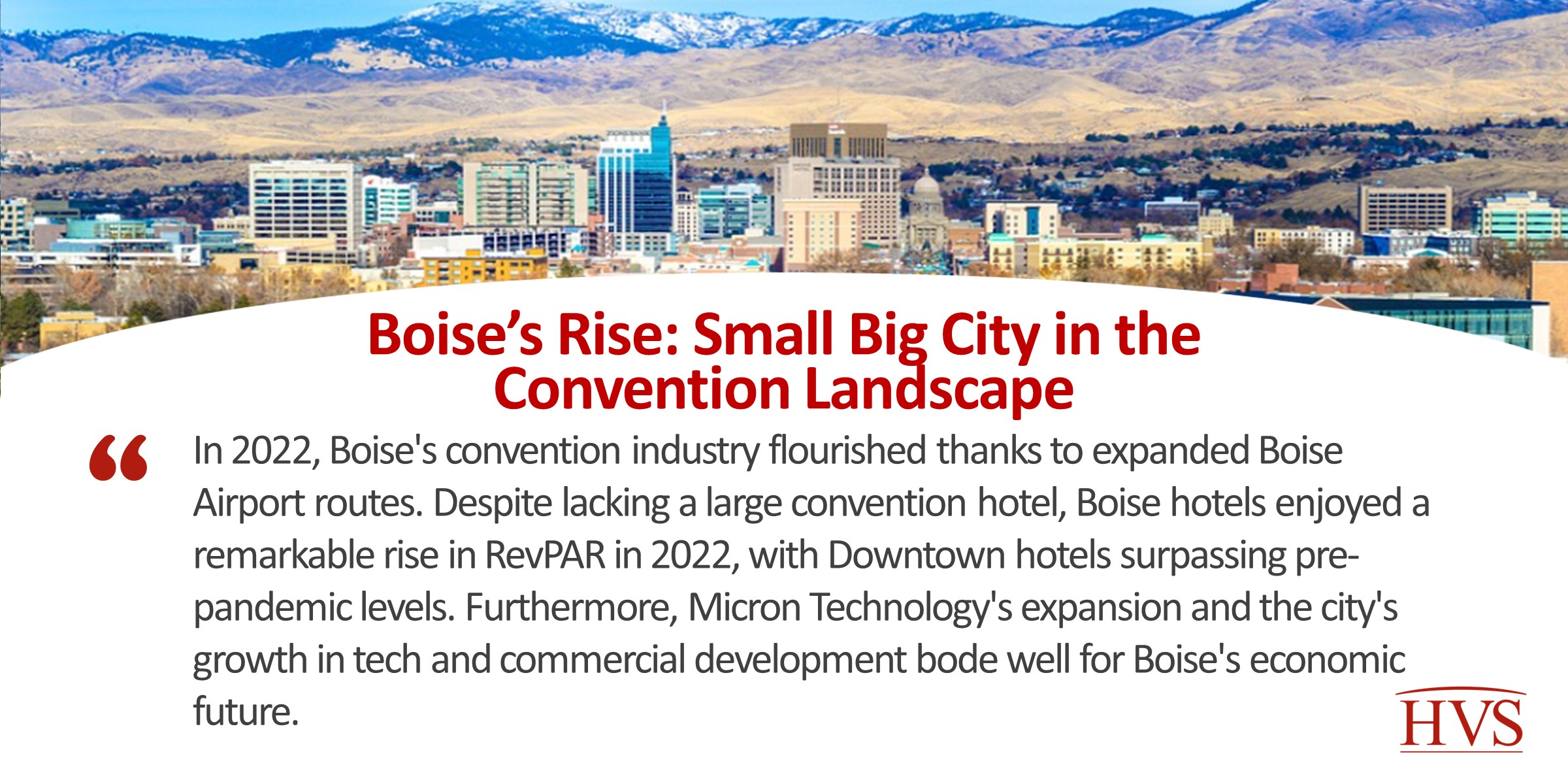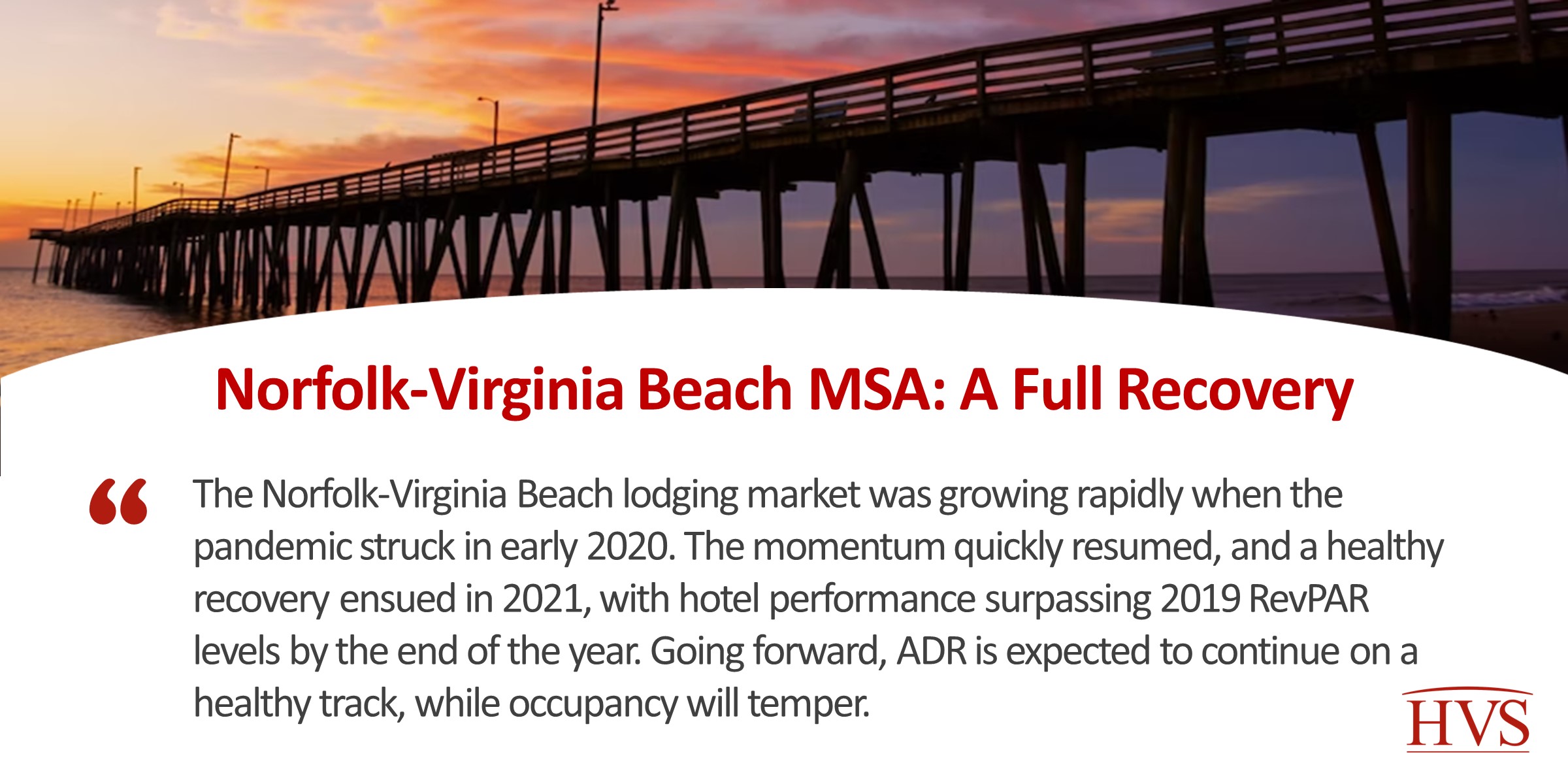In this article, we provide the market opinions of key HVS global leaders in many different regions of the world. HVS operates across the world, and regional leaders are keenly aware of the dynamics and trends that are influencing performance, profitability, and value.
Industry Insights
We have written thousands of articles about all aspects of hospitality, including valuations, investing, lending, operations, asset management, and much more.

HVS Global Perspectives – Year-End 2025
In this article, we provide the market opinions of key HVS global leaders in many different regions of the world. HVS operates across the world, and regional leaders are keenly aware of the dynamics and trends that are influencing performance, profitability, and value.
2025 Lodging Tax Report - USA
This fifteenth annual Lodging Tax Study presents data on city, state, and special district lodging and sales taxes imposed on lodging sales. We provide historical data on tax rates and collection and distribution of revenue from lodging taxes levied in all 50 States and the 150 largest US cities. Our analysis of 25 major U.S. hotel markets shows room revenue growth slowing through 2024 and leveling off through the first eight months of 2025, reflecting weakening travel demand across key markets.
Oregon Coast: A Thriving Tourism Destination
The Oregon Coast is a vibrant, drive-to destination in the Pacific Northwest, known for its scenic charm and strong tourism appeal. With steady post-pandemic recovery and revitalization efforts underway, the region is poised for continued growth, drawing visitors to its coastal cities year-round.
State of the District: A Look at the Washington, D.C., Lodging Market
Decisions at the federal level, such as import tariffs, are affecting global markets, and cuts initiated by the Department of Government Efficiency (DOGE) are having impacts across the nation. These policies are also significantly affecting hotels in Washington, D.C., the market located at the heart of the federal government.
Boston Hotel Market Update: Ten Things to Know for 2025
The Boston lodging market continues to progress, steadily closing the gap on pre-pandemic RevPAR levels (inflation adjusted). With the new-construction pipeline empty and a record year anticipated in the convention sector, the market’s future is among the brightest in the nation.
The Continued Evolution of Newark, New Jersey
Newark, New Jersey, has been undergoing gradual revitalization efforts during the last roughly 15 years. The city has been gaining recognition given the ease of access to Manhattan and within New Jersey, the newly renovated Newark Liberty International Airport, and waterfront areas along the Passaic River and Newark Bay.
Another Successful Hotel Real Estate Society Event in Washington, D.C.–August 2024
The Hotel Real Estate Society (HRES) in Washington, D.C., met this week to network and tour a local luxury hotel. This article provides a quick overview of the organization, which was co-founded by Chelsey Leffet, and some information on this latest event.
Seattle Hotel Market: A Shining Beacon of the Pacific Northwest
In 2023, Seattle was a beacon of renewed strength in the Pacific Northwest given its vibrant concert and sports event calendar, record-breaking cruise season, and $1.9-billion expansion of the Seattle Convention Center. As a result of these factors, Seattle was one of the nation’s best-performing hotel markets during the summer.
Boise's Rise: Small Big City in the Convention Landscape
In 2022, Boise's convention industry flourished thanks to expanded Boise Airport routes. Despite lacking a large convention hotel, Boise hotels enjoyed a remarkable rise in RevPAR in 2022, with Downtown hotels surpassing pre-pandemic levels. Furthermore, Micron Technology's expansion and the city's growth in tech and commercial development bode well for Boise's economic future.
Norfolk-Virginia Beach MSA: A Full Recovery
The Norfolk-Virginia Beach lodging market was growing rapidly when the pandemic struck in early 2020. The momentum quickly resumed, and a healthy recovery ensued in 2021, with hotel performance surpassing 2019 RevPAR levels by the end of the year. Going forward, ADR is expected to continue on a healthy track, while occupancy will temper.
Industry Insights
We have written thousands of articles about all aspects of hospitality, including valuations, investing, lending, operations, asset management, and much more.

This fifteenth annual Lodging Tax Study presents data on city, state, and special district lodging and sales taxes imposed on lodging sales. We provide historical data on tax rates and collection and distribution of revenue from lodging taxes levied in all 50 States and the 150 largest US cities. Our analysis of 25 major U.S. hotel markets shows room revenue growth slowing through 2024 and leveling off through the first eight months of 2025, reflecting weakening travel demand across key markets.
The Oregon Coast is a vibrant, drive-to destination in the Pacific Northwest, known for its scenic charm and strong tourism appeal. With steady post-pandemic recovery and revitalization efforts underway, the region is poised for continued growth, drawing visitors to its coastal cities year-round.
Decisions at the federal level, such as import tariffs, are affecting global markets, and cuts initiated by the Department of Government Efficiency (DOGE) are having impacts across the nation. These policies are also significantly affecting hotels in Washington, D.C., the market located at the heart of the federal government.
The Boston lodging market continues to progress, steadily closing the gap on pre-pandemic RevPAR levels (inflation adjusted). With the new-construction pipeline empty and a record year anticipated in the convention sector, the market’s future is among the brightest in the nation.
Newark, New Jersey, has been undergoing gradual revitalization efforts during the last roughly 15 years. The city has been gaining recognition given the ease of access to Manhattan and within New Jersey, the newly renovated Newark Liberty International Airport, and waterfront areas along the Passaic River and Newark Bay.
The Hotel Real Estate Society (HRES) in Washington, D.C., met this week to network and tour a local luxury hotel. This article provides a quick overview of the organization, which was co-founded by Chelsey Leffet, and some information on this latest event.

In 2023, Seattle was a beacon of renewed strength in the Pacific Northwest given its vibrant concert and sports event calendar, record-breaking cruise season, and $1.9-billion expansion of the Seattle Convention Center. As a result of these factors, Seattle was one of the nation’s best-performing hotel markets during the summer.

In 2022, Boise's convention industry flourished thanks to expanded Boise Airport routes. Despite lacking a large convention hotel, Boise hotels enjoyed a remarkable rise in RevPAR in 2022, with Downtown hotels surpassing pre-pandemic levels. Furthermore, Micron Technology's expansion and the city's growth in tech and commercial development bode well for Boise's economic future.

The Norfolk-Virginia Beach lodging market was growing rapidly when the pandemic struck in early 2020. The momentum quickly resumed, and a healthy recovery ensued in 2021, with hotel performance surpassing 2019 RevPAR levels by the end of the year. Going forward, ADR is expected to continue on a healthy track, while occupancy will temper.

Robust demand in urban centers continues to drive Canadian hotel values despite high interest rate environment.